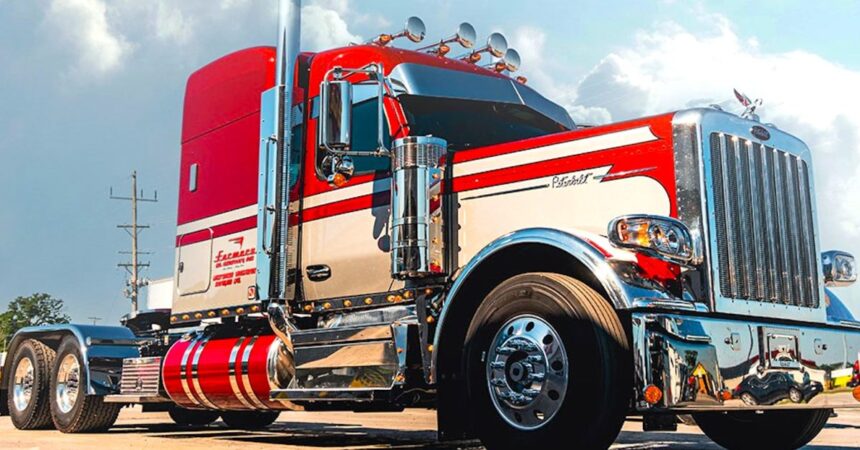The California Air Resource Board (CARB) has made the decision to withdraw its request to implement the proposed Advanced Clean Fleets rule. This rule would have mandated that fleets deemed “well-suited for electrification” transition to Zero-Emission Vehicles (ZEVs) and ban the sale of commercial diesel vehicles after 2035.
The state of California initially submitted the Advanced Clean Fleets (ACF) request to the EPA in November 2023. This move prompted various drayage fleets and port operators to accelerate their adoption of electric trucks, leading manufacturers to focus their BEV manufacturing efforts in California.
However, as the Biden administration’s term comes to an end, CARB has chosen to step back from enforcing the rule due to potential conflicts with the incoming Trump administration. CARB Chair Liane Randolph expressed concerns about the Trump administration’s lack of support for California’s stricter emissions standards, prompting the board to reconsider its options.
The withdrawal of the waiver request effectively delays the implementation of CARB’s ACF rule for at least four years, hinging on the state’s belief that a waiver is necessary to enact regulations beyond emissions standards. Despite this setback, California Governor Gavin Newsom remains committed to promoting ZEV adoption through various state-level incentives.
In light of these developments, it is clear that the transition to cleaner, more efficient technology is crucial for the United States to remain competitive on a global scale. While some may view the delay of the Advanced Clean Fleets rule as a victory, the country risks falling behind its economic rivals in Asia and the Middle East by postponing the shift to electric vehicles.
Before the withdrawal of the rule, demand for diesel was already declining, with companies like Volvo, Renault, and Mercedes-Benz making significant strides in electric trucking fleets. American brands that have been slow to embrace BEVs now face an even greater challenge in catching up to their international counterparts.
In conclusion, the decision to withdraw the Advanced Clean Fleets rule underscores the importance of prioritizing sustainable transportation solutions. It is essential for the United States to embrace the transition to electric vehicles to remain competitive in the global market.
Sources:
ACT News, Overdrive, Reuters.







